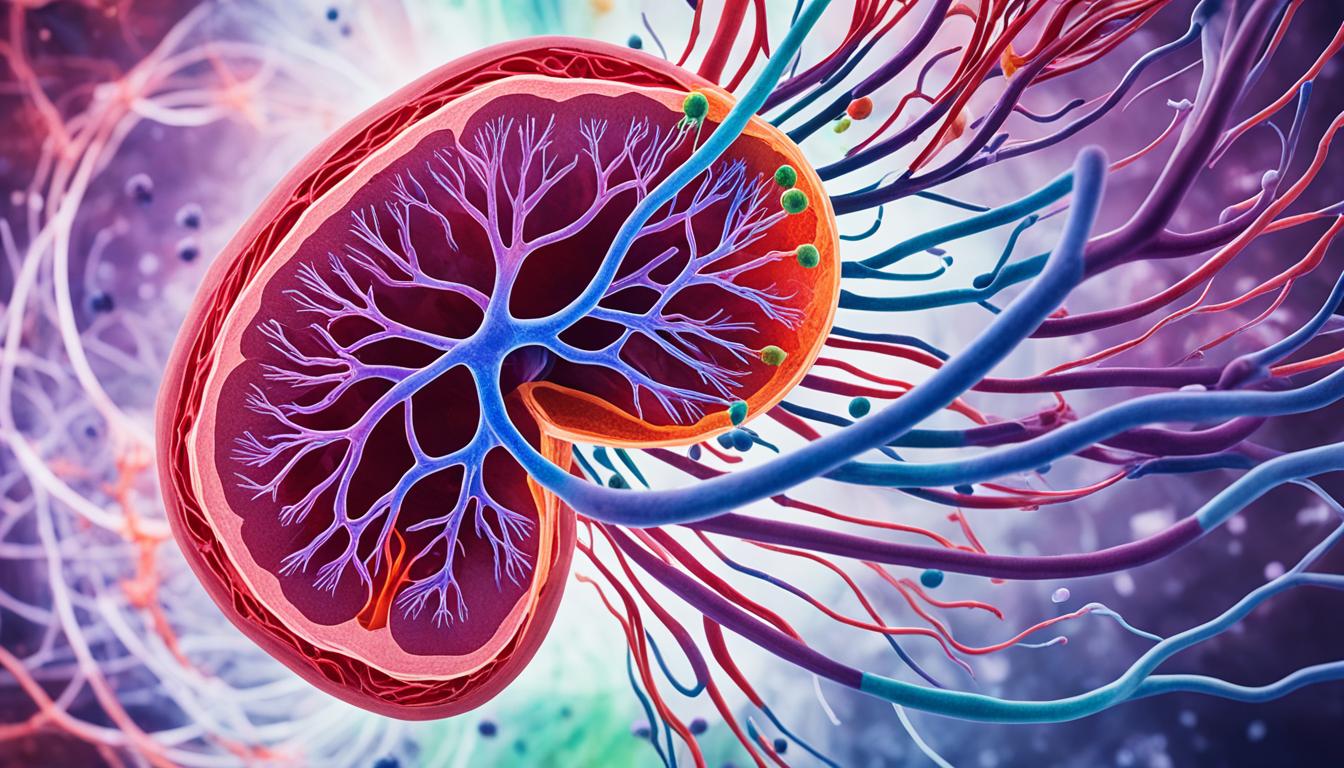Autoimmune hepatitis is an inflammatory liver disease. It’s caused by the body’s own immune system attacking liver cells. It commonly appears alongside other autoimmune diseases. These include things like lupus and Crohn’s disease. People with this condition may feel tired, lose appetite, and itch. They might also notice their belly getting bigger.
Getting diagnosed early is very important. Without treatment, it can lead to liver cirrhosis and failure. Treatments usually involve drugs that lower the immune system. These drugs fight inflammation and help protect the liver. Yet, newer treatments like stem cell therapy are being looked at for this condition. This is to offer more tailor-made care for each patient.
Stem cell therapy is showing great potential in treating autoimmune hepatitis. One type of stem cell, called mesenchymal stem cells (MSCs), can calm down the immune system. They reduce liver inflammation as well. These cells come from different places like bone marrow or umbilical cord.
Scientists are studying how to best use stem cell therapy for this disease. They want to find the right dose and the best way to give the cells. The aim is to make a treatment that works well in the long run. This could be a big step for people living with autoimmune hepatitis.
Key Takeaways:
- Autoimmune hepatitis is a chronic inflammatory liver disease.
- It often occurs in individuals with other autoimmune conditions.
- Common symptoms include fatigue, loss of appetite, itching, and abdominal distension.
- Early diagnosis is crucial to prevent complications.
- Corticosteroids are the standard treatment, but stem cell therapy shows promise as an alternative.
Diagnostic Methods and Management of Autoimmune Hepatitis
To diagnose autoimmune hepatitis, doctors use a mix of methods. This includes looking at medical history, symptoms, and blood tests. They also might do a liver biopsy. This approach helps figure out how serious the disease is. It guides treatment plans.
Clinical Evaluation
Doctors ask about your health history and symptoms. They also check if you have other autoimmune diseases. This is to spot any risk factors and set the stage for further tests.
Blood Tests
Blood tests are key in finding autoimmune hepatitis. They show special markers and check liver enzyme levels. High liver enzymes suggest inflammation. Finding certain antibodies, like ANA and ASMA, helps confirm the disease.
Liver Biopsy
A liver biopsy can confirm the autoimmune hepatitis diagnosis. It also shows how much the liver is damaged. A small piece of liver is taken for testing. This test helps tell if it’s really autoimmune hepatitis and not something else.
Treatment and Management
After a diagnosis, patients need ongoing care. The main treatment is to calm the immune system. This stops it from attacking the liver. Medicines like prednisone or azathioprine are often used.
It’s important to regularly test liver function. This helps see if the treatment is working. Working closely with your doctor is important. They can adjust your treatment as needed to avoid problems.
With the right care, people with autoimmune hepatitis can lead normal lives. Support from doctors, groups, and family is crucial. It helps improve life quality for those with this disease.
Stem Cell Therapy for Autoimmune Hepatitis
Stem cell therapy shows a lot of hope for treating autoimmune hepatitis. It uses mesenchymal stem cells (MSCs) with special abilities to calm the immune system and lessen liver inflammation.
These MSCs can come from different places like bone marrow, fat tissue, umbilical cord, and teeth. Research has shown that they can help the liver heal and balance the immune response.
Current studies focus on figuring out the best way to use MSC therapy. They’re looking at the right dose, how to give it, and how long it works. If it all goes well, using stem cells can make autoimmune hepatitis treatment more exact and effective.

